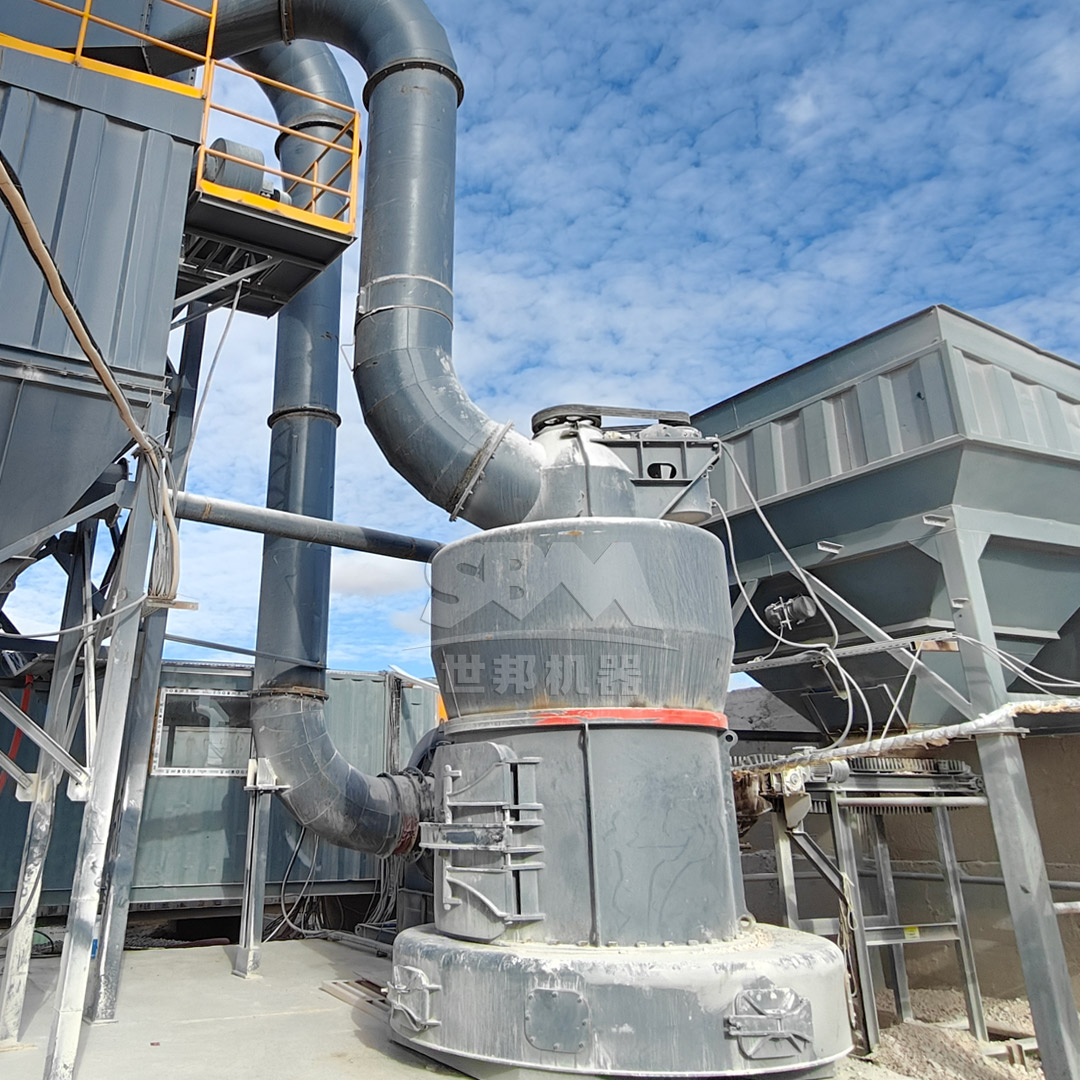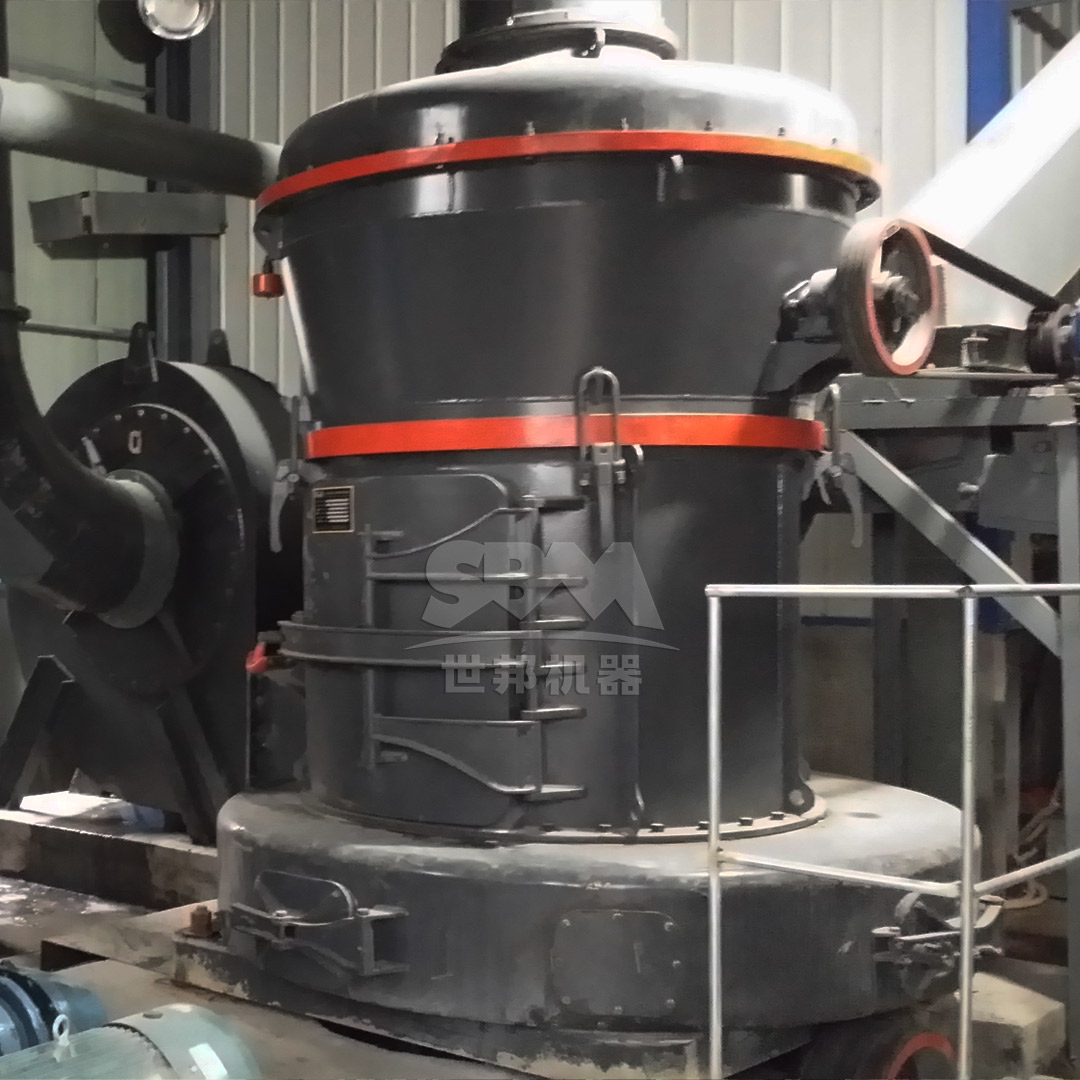Gypsum board production represents one of the most significant applications of industrial gypsum worldwide. The quality of the final product is directly influenced by the efficiency and precision of the gypsum milling process. Proper particle size distribution, purity, and consistency are critical factors that determine the strength, fire resistance, and workability of gypsum boards. This comprehensive guide explores the technical aspects of industrial gypsum milling and presents optimized solutions for modern manufacturing facilities.
The transformation of raw gypsum into board products requires specialized equipment capable of handling the unique physical properties of this mineral. From initial crushing to final fine grinding, each stage of the process demands specific technological approaches to achieve optimal results while maintaining cost efficiency and environmental compliance.
Gypsum (CaSO₄·2H₂O) possesses distinct physical properties that present both challenges and opportunities in milling operations. Its relatively soft nature (Mohs hardness of 2) makes it easier to grind compared to many other industrial minerals, but its tendency to absorb moisture and its temperature sensitivity during calcination require careful process control.
Key milling requirements for gypsum board production include:
The particle size distribution of gypsum powder significantly affects the mechanical properties of the final board product. Finer particles contribute to better cohesion and surface smoothness, while coarser particles provide structural integrity and reduce water demand during mixing. An optimal balance must be achieved through precise milling control.
| Particle Size Range (μm) | Impact on Board Properties | Recommended Percentage |
|---|---|---|
| <45 | Improves surface finish, increases water demand | 15-25% |
| 45-75 | Optimal for strength development | 30-40% |
| 75-150 | Provides bulk, reduces shrinkage | 25-35% |
| >150 | Maintains porosity, affects smoothness | 10-15% |

The evolution of gypsum milling technology has progressed from simple crushing methods to sophisticated integrated systems that optimize energy consumption while maximizing product quality. Modern gypsum processing facilities employ various milling technologies depending on their specific production requirements, capacity needs, and quality standards.
Vertical roller mills have become the preferred solution for large-scale gypsum board manufacturing plants due to their high efficiency, low energy consumption, and excellent drying capabilities. These systems integrate grinding, drying, and classification in a single compact unit, reducing both footprint and operational complexity.
Our LM Series Vertical Roller Mill represents the pinnacle of gypsum milling technology, specifically engineered to address the unique challenges of gypsum processing. With its integrated drying system, the LM mill can handle gypsum with moisture content up to 15% without requiring pre-drying equipment. The modular design allows for quick maintenance and wear part replacement, while the intelligent control system ensures consistent product quality with minimal operator intervention.
| LM Series Model | Grinding Capacity (t/h) | Main Motor Power (kW) | Output Fineness (mesh) | Moisture Handling Capacity |
|---|---|---|---|---|
| LM130K | 10-28 | 200 | 80-400 | Up to 15% |
| LM150K | 13-38 | 280 | 80-400 | Up to 15% |
| LM170K | 18-48 | 400 | 80-400 | Up to 15% |
| LM190K | 23-68 | 500 | 80-400 | Up to 15% |
| LM220K | 36-105 | 800 | 80-325 | Up to 12% |
For manufacturers producing high-value specialty gypsum boards requiring exceptional surface quality or specific performance characteristics, ultrafine grinding technology offers unparalleled precision. Our SCM Ultrafine Mill achieves remarkable fineness levels up to 2500 mesh (D97 ≤ 5μm), making it ideal for premium board formulations where superior surface finish and enhanced mechanical properties are critical.
The SCM series incorporates advanced classification technology that ensures precise particle size control without contamination from coarse particles. This is particularly important for glass fiber-reinforced gypsum boards and other specialty products where consistency at the microscopic level directly impacts performance. The mill’s energy-efficient design reduces power consumption by up to 30% compared to conventional ultrafine grinding systems, while its intelligent control system automatically maintains optimal operating parameters.

Energy consumption represents one of the most significant operational costs in gypsum board manufacturing. Modern milling equipment addresses this challenge through innovative design features that optimize power usage while maintaining or improving production output.
When selecting gypsum milling equipment, understanding the energy profile of different technologies is essential for long-term operational efficiency. Our analysis of various milling systems reveals significant differences in specific energy consumption (kWh/t) across different fineness requirements.
| Milling Technology | Specific Energy (kWh/t) 100 mesh | Specific Energy (kWh/t) 200 mesh | Specific Energy (kWh/t) 325 mesh | Notes |
|---|---|---|---|---|
| Ball Mill | 18-22 | 25-30 | 35-42 | Traditional technology, high wear |
| Raymond Mill | 15-18 | 20-25 | 28-35 | Moderate efficiency |
| Vertical Roller Mill | 12-15 | 16-20 | 22-28 | High efficiency, integrated drying |
| Ultrafine Mill | – | – | 25-40 | Specialized for fine grinding |
The MTW Series Trapezium Mill exemplifies our commitment to energy-efficient gypsum processing. With its innovative curved air duct design and high-efficiency impeller, this system reduces energy losses while improving material flow characteristics. The integrated cone gear transmission achieves 98% transmission efficiency, significantly higher than traditional worm gear systems. These features combine to reduce overall energy consumption by 20-30% compared to conventional mills of similar capacity.
Contemporary gypsum board manufacturing facilities benefit from integrated milling systems that combine multiple processing stages into streamlined operations. These comprehensive solutions address not only the grinding process but also auxiliary functions including feeding, classification, dust collection, and automated control.
Based on production scale and product requirements, we recommend specific system configurations for optimal gypsum board manufacturing:
For medium-capacity plants (10-50 t/h): MTW Series Trapezium Mill with integrated classifier and pulse dust collector provides an excellent balance of performance, efficiency, and capital investment. The system’s wear-resistant design minimizes maintenance requirements while ensuring consistent product quality.
For high-capacity facilities (>50 t/h): LM Series Vertical Roller Mill offers superior throughput with the lowest specific energy consumption. The vertical mill’s ability to simultaneously dry and grind gypsum eliminates the need for separate drying equipment, reducing both capital and operating costs.
For specialty products requiring ultrafine powders: SCM Ultrafine Mill delivers exceptional fineness control for premium board applications. The system’s advanced classification technology and precision control systems make it ideal for manufacturers targeting high-value market segments.

Modern gypsum milling operations must address increasingly stringent environmental regulations concerning dust emissions, noise pollution, and energy consumption. Our milling systems incorporate multiple technologies to ensure compliance while maintaining operational efficiency.
Pulse jet baghouse dust collectors represent the current standard for gypsum milling operations, achieving collection efficiencies exceeding 99.9%. Our systems feature automatic pressure-controlled cleaning cycles that optimize filter life while maintaining consistent negative pressure throughout the milling circuit. Emissions are consistently maintained below 20 mg/m³, exceeding international environmental standards.
Noise control represents another critical environmental consideration, particularly for plants located near residential areas. Our milling equipment incorporates multiple noise reduction technologies including acoustic enclosures, vibration damping systems, and optimized fan designs that maintain operational noise levels below 75-80 dB(A).
Maximizing the performance and service life of gypsum milling equipment requires adherence to established operational protocols and maintenance schedules. Key considerations include:
The abrasive nature of gypsum, particularly when containing impurities, necessitates careful management of wear parts. Our milling systems utilize specialized materials including high-chromium alloys and ceramic composites that extend service life by 3-5 times compared to conventional materials. Regular inspection and scheduled replacement prevent unexpected downtime and maintain product quality.
Continuous monitoring of key operational parameters including mill pressure differential, product fineness, and energy consumption enables real-time optimization of milling performance. Our advanced control systems automatically adjust operating conditions to maintain target specifications while minimizing energy usage.
The evolution of gypsum milling technology continues to focus on enhanced efficiency, reduced environmental impact, and greater operational flexibility. Emerging trends include:
Digitalization and IoT integration: Advanced sensors and data analytics enable predictive maintenance and autonomous optimization of milling parameters. Our latest systems feature remote monitoring capabilities that provide real-time performance data and operational insights.
Hybrid energy systems: Integration with renewable energy sources and energy recovery systems further reduces the carbon footprint of gypsum processing operations.
Modular plant designs: Prefabricated, skid-mounted milling systems reduce installation time and costs while improving operational flexibility for changing production requirements.
As gypsum board manufacturers face increasing pressure to improve sustainability while maintaining competitiveness, advanced milling technologies will play an increasingly critical role in achieving these objectives. Our continuous research and development efforts ensure that our customers have access to the most efficient, reliable, and environmentally responsible milling solutions available.